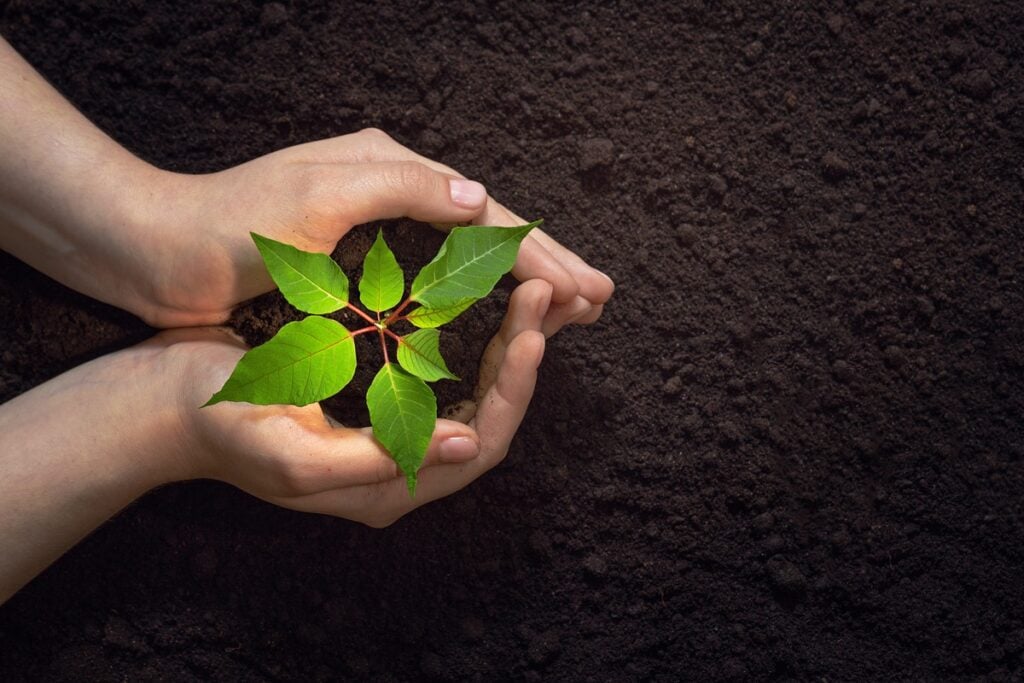Nov. 9 2024 – Human composting, or natural organic reduction, is an eco-friendly end-of-life option that transforms human remains into nutrient-rich soil. This method offers a sustainable alternative to traditional burial and cremation and is increasingly being considered globally. Below is a detailed overview of its current status, pending legislation, public sentiment, and environmental benefits in the U.S., Canada, the UK, and Australia.
See also: Human Composing FAQ
Legal Status of Human Composting in the U.S.
As of November 2024, human composting is legal in the following states:
- Washington: Legalized in 2019, effective May 1, 2020.
- Colorado: Legalized in 2021, effective August 8, 2021.
- Oregon: Legalized in 2021, effective January 1, 2022.
- Vermont: Legalized in 2022, effective January 1, 2023.
- California: Legalized in 2022, with implementation set for 2027.
- New York: Legalized in 2022, with pending regulatory actions.
- Nevada: Legalized in 2023, effective January 1, 2024.
- Delaware: Legalized in 2024, with regulations to be developed within a year.
States with Pending Legislation
Many U.S. states have introduced bills that could legalize human composting. Below is a table with the status of these efforts, including links to specific bills where applicable:
| State | Bill Number | Status |
|---|---|---|
| Connecticut | HB05354 | In progress |
| Hawaii | HB680 | Introduced January 2021; did not pass |
| Illinois | HB3158 | In progress |
| Maine | LD536 | Became law without Governor’s signature in June 2024 |
| Maryland | HB1028 | Signed into law by Governor in May 2024 |
| Massachusetts | S1451 | In progress |
| Minnesota | HF2669 | Introduced January 2023; will take effect July 1, 2025 |
| New Jersey | A4085/S3007 | In progress |
| New Mexico | SB407 | Introduced February 2023; did not pass |
| Pennsylvania | HB2916 | Introduced September 2022; did not pass |
| Rhode Island | HB7212 | Introduced January 2024 |
| Virginia | HJ513 | Introduced January 2023; studying implementation |
Status of Human Composting in Canada, the UK, and Australia
Here are notable countries and their human composting status:
Canada
Human composting is not yet legal in Canada. However, advocacy for sustainable burial practices is strong, and discussions are ongoing in various provinces. The increasing popularity of green burials suggests a potential shift toward more eco-friendly options in the future.
Public Sentiment: Environmental and sustainability advocates, along with some public support, are pushing for regulatory changes to include human composting as a disposition method.
United Kingdom
The UK does not currently allow human composting. Traditional burial and cremation are the main options, although the popularity of green burials is rising. This trend reflects a cultural shift toward more environmentally conscious choices.
Current Developments: Discussions about the potential for human composting have taken place, but no formal legislation has been proposed yet.
Australia
Australia also has not legalized human composting. The main forms of disposition remain traditional burial and cremation. However, there is growing public interest in sustainable end-of-life options, fueled by increasing environmental awareness.
Future Outlook: While advocacy efforts are still in their early stages, continued public interest could prompt legislative exploration in the coming years.
Environmental Benefits of Human Composting
Human composting presents significant environmental benefits:
- Reduced Carbon Emissions: Compared to cremation, which emits significant carbon dioxide, human composting has a smaller carbon footprint.
- Soil Enrichment: The process returns essential nutrients to the earth, supporting plant growth and soil health.
- Conservation of Land: Unlike traditional burials that use valuable land space, human composting creates a product that can be shared or used without occupying large plots.
Comparative Cost Analysis for Dispositions in U.S.
Human composting is cost-effective compared to traditional burial and falls within a range similar to cremation. Below is a comparison table of average disposition costs:
| Disposition Method | Average Cost Range (USD) |
|---|---|
| Traditional Burial | $7,000 – $15,000 |
| Direct Cremation | $1,000 – $3,000 |
| Human Composting | $4,000 – $7,000 |
| Aquamation | $2,000 – $4,000 |
Factors Influencing Costs:
- Location: Costs may vary based on the state or region, with urban areas generally being more expensive.
- Service Options: Additional services like memorial ceremonies can affect the overall price.
- Facility Fees: Prices may vary depending on the provider and the services offered.
Challenges and Barriers to Adoption
Adopting human composting more broadly involves overcoming certain barriers:
- Religious and Cultural Considerations: Different communities may have varied beliefs about the acceptability of human composting.
- Regulatory Hurdles: Legislative processes can be slow, and public policy needs to adapt to changing attitudes toward end-of-life practices.
- Public Awareness: Education about the benefits and process of human composting is essential for wider acceptance.

